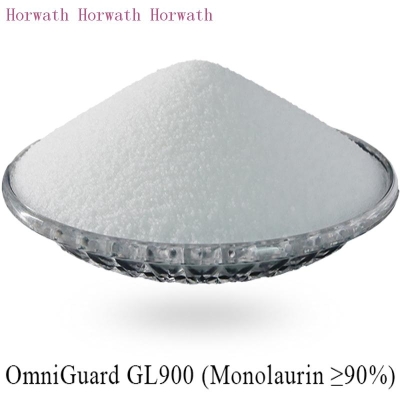Argentina's agricultural sector promotes the use of healthy genetically modified products
-
Last Update: 2001-08-30
-
Source: Internet
-
Author: User
Search more information of high quality chemicals, good prices and reliable suppliers, visit
www.echemi.com
Introduction: Buenos Aires on Tuesday, a government official from Argentina's Ministry of Agriculture said that genetically modified food has not been proved harmful to human body or external environment, and Argentina will continue to accelerate the development of genetically modified food, so as to further reduce costs and improve food nutrition Marcelo regunaga, Secretary of agriculture, said it was important to distinguish scientific and conceptual differences in GM products "As of today, there is no concern that genetically modified products will have any negative effects on human health "He spoke at a biotechnology seminar held by a local university Argentina is the world's major producer of food and oilseeds, and the second largest producer of genetically modified products after the United States at present The adoption of genetically modified technology has greatly reduced the cost of farmers before sowing and in the production process But some environmental protection and consumer groups believe that genetically modified products are harmful to human health and the environment "The conceptual argument was raised by NGOs, and there is no, at least for the time being, any scientific basis," he said Regunaga added that science has proven that, from the perspective of natural resources, the use of genetically modified products "has a clear and positive impact on the environment," and that "genetically modified products help protect the environment and limit the use of chemicals on the land But Emiliano ezcurra, coordinator of biological variation disputes at Greenpeace Buenos Aires, a global environmental group, said regunaga's view needed further confirmation "Up to now, the scientific knowledge has not considered the long-term impact," ezcurra said "There is evidence that concerns about herbicide use are increasing, and the increase in insect resistance further indicates that transgenic products will have a negative impact on the environment "We are currently planting round up soybeans on a large scale in Argentina, which I mean has reached 10 million hectares "Monsanto opened a large plant last year to produce biochemical glyphosate products, so there is no data to show a decline in agrochemical use," he said The Roundup Ready soybean seed produced by Monsanto, an American Biological giant, is resistant to the roundup ready herbicide, which is the most popular product of the company with glyphosate as the main raw material, Roundup Ready soybean seed is the best-selling genetically modified soybean seed in Argentina Despite the pressure of public opinion, Argentina focuses on encouraging the development and use of biotechnology products in agriculture, because genetically modified products can save costs and improve the vitamin content of genetically modified food The Argentine government has set up a special committee in May to carry out research and development of genetically modified products, test, approval and trade negotiation of genetically modified products "Biotechnology is the present and future of agriculture in Argentina and the world Of course, the development of the new century is directly related to the development of biotechnology," said regunaga In Argentina, about 90% of the sown soybeans are genetically modified soybeans Meanwhile, the sown rate of genetically modified corn in these areas will exceed 20% in the next fierce competition In 2000 / 01, the sown rate of genetically modified corn was 18%, which was learned through the seed production association of Argentina (author:) share to feed Weibo share to:
This article is an English version of an article which is originally in the Chinese language on echemi.com and is provided for information purposes only.
This website makes no representation or warranty of any kind, either expressed or implied, as to the accuracy, completeness ownership or reliability of
the article or any translations thereof. If you have any concerns or complaints relating to the article, please send an email, providing a detailed
description of the concern or complaint, to
service@echemi.com. A staff member will contact you within 5 working days. Once verified, infringing content
will be removed immediately.







